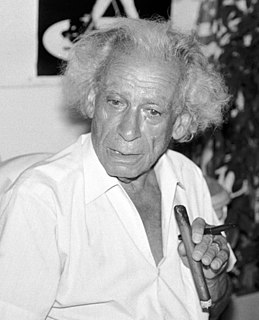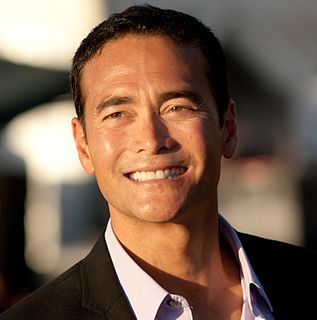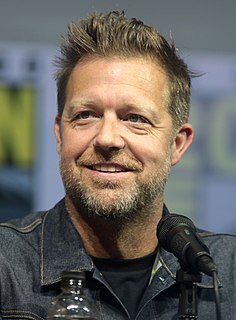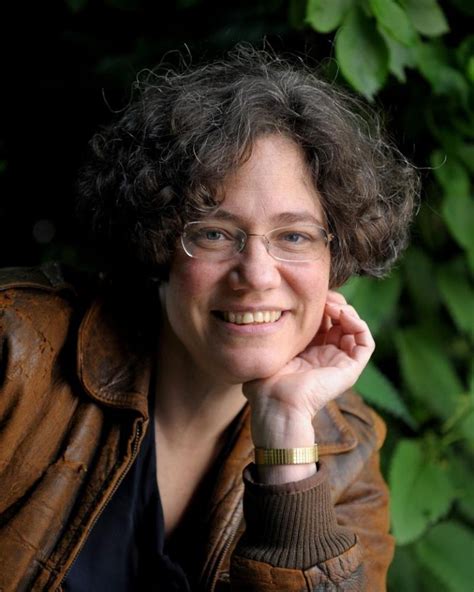A Quote by Samuel Fuller
Movement should be a counter, whether in action scenes or dialogue or whatever. It counters where your eye is going. This style thing, for me it's all fitted to the action, to the script, to the characters.
Related Quotes
My favorite thing to do is action-driven, emotionally-charged scenes. If it's not just two people talking in a room, but it's on the move and things are happening and it's chaotic, and emotion comes from the characters and from the action, and the fall-out ultimately changes the character relationships, that exactly the kind of stuff I like writing.
What interests Sam Mendes are characters and relationships, and he was a genius at giving you the freedom to create the type of character you want, and also to explore and have fun with your fellow actors. For him, characters and relationships are really the heartbeat of the film, and then the action is the backdrop. By developing the characters, he makes you care that much more about the action and going on a journey with the characters.
I'm such an action movie junkie that as an action fan, because action scenes are so heightened, we could never really picture ourselves in that scene. So when you're watching an action movie, you experience an action movie more outside of the aquarium: you know you're out of the aquarium looking in at all the swimming fish that are in there.
[Action's] a Western thing. We think of the hero going into battle, rebelling against a government or an oppressor, but [in KUNDUN] action is nonaction or what appears to be nonaction. That's a hard concept for Western audiences. . . . We wanted to show a kind of moral action, a spiritual action, an emotional action. Some people will pick up on it; some won't.
I do have huge pressure in terms of making my animation, because a lot of audiences and producers are expecting me to make films with a lot of action. They all know that I'm very good at action scenes, but I tend to not use many, so they're all frustrated with me. But I do that intentionally. Yes, if I do a movie with a bunch of action, it's going to be a lot more successful than the types of movies I'm making right now. The producers often say, "Instead of using all these philosophical phrases, why don't you change this into an action scene?" But I intend to continue to make these movies.
When I'm writing a script, I don't worry about plot as much as I do about people. I get to know the main characters - what they need, what they want, what they should do. That's what gets the story going. You can't just have action, you've got to find out what the characters want. And then they must grow, they must go somewhere.






































